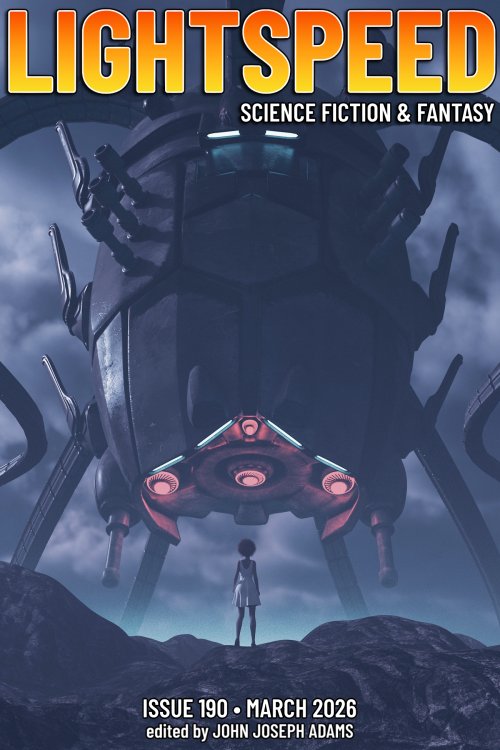Author Spotlight
Author Spotlight: Adam-Troy Castro
My wife and I are occasional recreational gamblers, who visit casinos when time and finances permit. We are aware of the drawbacks, among them that the odds are overwhelmingly that you will go home having lost what you came to play with, and that the games have a compulsive aspect that can lead you to keep playing anyway. The premise of a casino where the stakes are life memories led me to the realization that, even if you win, you will go home with a set of life experiences that don’t involve you.









